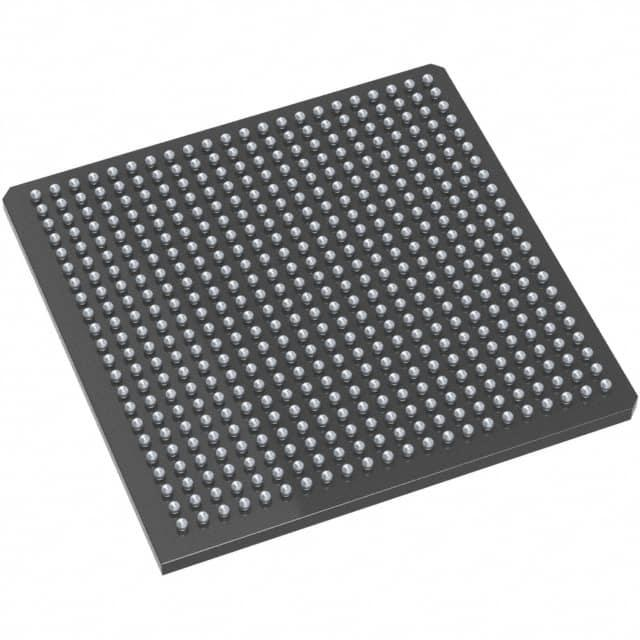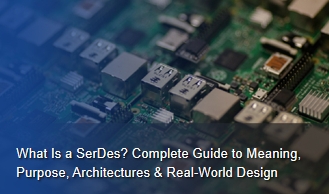Microcontroller vs Microprocessor: Understanding the Differences and Applications
Introduction
When discussing electronic components, the terms microcontroller and microprocessor are frequently interchanged. We have a wide range of choices for microcontrollers and microprocessors here at Unikey, a leading distributor of high-quality electronic components. Let's investigate the distinctions between the two and the applications that each one is suited for.

Microprocessor - The Computing Powerhouse
A microprocessor is sometimes referred to as the "heart" of a computer system because it is responsible for supplying the processing power that is required for a variety of operations. On the other hand, microprocessors are dependent on external connections for memory and I/O components, in contrast to microcontrollers. A wide range of microprocessors for use in applications such as personal computers, laptops, and smartphones are available from Unikey. Microprocessors contain more complicated hardware than other types of computers because they require external connections. The requirement to connect memory and I/O components externally is the source of this complexity, which leads to more intricate designs that consume more power. It is commonly accepted that microprocessors are only suited for small systems due to their requirements for external communication. Because of the requirement for extra external components, it is challenging to include microprocessors in compact or limited-space systems. Even though microprocessors are unrivaled in computational capability, microcontrollers might be more efficient. Because of the intricate circuitry and external connections, the overall efficiency would drop, and the power consumption would increase.
Microcontroller - Embedded Device Control
Microcontrollers, as opposed to microprocessors, are the primary components responsible for the operation of embedded systems. They function as controlling devices in various applications thanks to the integrated memory and I/O components they contain. Known for their portability, efficiency, and versatility, the microcontrollers offered by Unikey are among the most extensive in the industry. For microcontrollers, the presence of on-chip memory and input/output components makes their required circuitry straightforward. Consequently, this leads to a reduction in complexity, an improvement in reliability, and a reduction in power usage. When compared to microprocessors, microcontrollers have more registers than their counterparts. It makes it possible to handle data more efficiently and with greater flexibility, ultimately improving the overall performance of embedded systems. Microcontrollers are appropriate for a wide range of applications due to their small size and high efficiency. Some examples of these applications are washing machines, microwave ovens, and air conditioners. Embedded system designers frequently have a wide range of requirements, which Unikey's broad inventory can fulfill.
Conclusion
Within the field of electronic components, microprocessors vs microcontrollers each perform a specific purpose. Microprocessors are superior in computational capability and may be found in applications such as personal computers and smartphones. Microcontrollers, on the other hand, are used to control devices that are integrated into embedded systems, such as home appliances. Unikey, a reliable distributor of electronic components, provides customers with a diverse selection of microcontrollers and microprocessors, allowing them to select the more appropriate component for their particular needs.



















